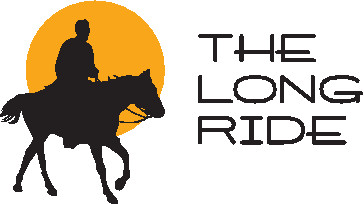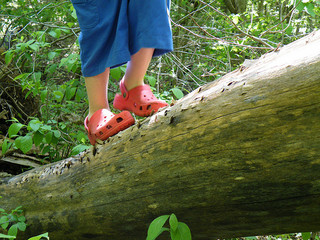What do we know for sure? We know for certain that there has not been a day in the last four and a half billion years that the earth has not undergone change. We also know that humans, unlike other organisms, have consciously been able to alter and modify the environment. Our inclination to do so has grown dramatically over the last century and more specifically, within the last two generations. Technology has given us this power. With it, we can adapt and modify the environment as we see fit. We are learning, however, that technology cuts both ways.
Physicist Albert Schweitzer once said, “As we acquire knowledge, things do not become comprehensible, but more mysterious.” Today I often hear that we are the most educated generation. If so, why are we not able to understand, acknowledge, or accept the critically important connection we have with the environmental tragedies we read about?
To many, our natural world remains a mystery. We have become a complicated society, and when we refer to our quality of life we concern ourselves with education, the arts, the homeless, AIDS, cancer and a host of worries and wants. We know that the future will be different from today. We know this because today is already different from yesterday. We can count on this. Change is occurring rapidly, and technology is the driving force behind this. Technology is a double- edged sword, and what we can quickly change with positive results can also be altered in an ecologically negative manner as well. The rapid change brought about by technology, the speed at which it is occurring and the resulting impact–this is our dilemma.
The impact can be seen, for example, in a comparison between the impact that a local mill on a small river or stream in the early 1900’s had on the ecosystem, in contrast with the global or regional impact large hydroelectric dam projects now have on Brazil or even on the western United States just 60 years later.
In the near term, we need to find a balance. First, we must, as individuals, bring that extremely important interrelationship–the balance of nature- -back into focus. We must understand that we human beings play the most important role in doing so. Real knowledge is our most powerful tool. If we can help other individuals come to environmentally sound conclusions on their own, we will have made major progress. The logic and intuition we use in reaching these conclusions will continue to motivate us to act.
In the last 35 years, our society has had the benefit of unprecedented growth and prosperity. It now appears that our rise in economic well-being has brought on a host of social and economic problems. We can no longer say that further growth will solve our problems. Quite the contrary, we can say that society is suffering the consequences of a growing economy.
We cannot say with certainty that all of our problems are the result of resource mismanagement, evil companies, greedy bureaucrats, uninformed politicians, and irresponsible special interest groups. Rather, they are a consequence of all of these factors and the decisions that were complicated by the constant “tug of war” of political, cultural, and economic tradeoffs along the way.
The most important role we can play is that of the consumer. If we make environmentally sound decisions in the market and cast our ballot for environmentally compatible products, the market will respond. If we simply do this, many of our environmental problems will be solved.
Finally, we need resolve and commitment to preserve, conserve and restore the balance. Simply put, we should preserve what we can when we can, and conserve what we can’t preserve and restore what remains as best we can.
Our ecosystem is amazingly resilient. Given a chance, it will come back strong and vibrant, like the restored lakes we rode by in Ohio. By committing ourselves to restoration, the cycle of influence and compensation, we obligate ourselves to seek a more exact understanding of our influence on the environment. This emerging “new understanding” will then have a positive effect on our future relationship with nature, and with the decisions we make.

